
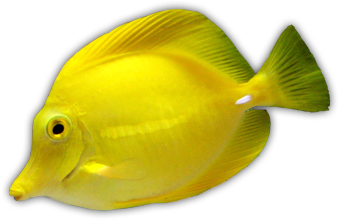
Livestock | Marine | Marine Fish | Lionfish
Found 7 products.
Keeping Lionfish in Marine Aquariums
Lionfish are stunning marine predators known for their elaborate fins, striking patterns, and slow, graceful movements. Their venomous spines require careful handling, making them best suited for experienced aquarists who keep them in species-only or predator tanks.
General Care Tips:
Lionfish prefer stable water conditions with temperatures between 72–78°F and a pH of 8.1–8.4. They need spacious tanks (at least 70 gallons for most species) with plenty of rockwork for hiding and ambush hunting. Moderate water flow and good filtration are important to maintain water quality and mimic their natural reef habitats.
Feeding:
Lionfish are carnivores that feed on small fish and crustaceans. In captivity, they accept frozen foods such as shrimp, silversides, and krill, often best offered using feeding tongs. Feeding 2–3 times per week is sufficient. Some may require live food initially before adapting to frozen diets.
Compatibility and Behavior:
Lionfish are generally peaceful toward larger tankmates but will prey on any fish or invertebrates small enough to fit in their mouths. They are solitary and do best alone or with other large, non-aggressive fish. Their venomous spines make them hazardous to handle and incompatible with reef tanks containing small or delicate invertebrates.
Popular Lionfish Species:
Radiata Lionfish (Pterois radiata): Known for clear fins and tail bars; medium size and relatively peaceful.
Volitans Lionfish (Pterois volitans): The largest and most common species; bold and sometimes aggressive.
Fuzzy Dwarf Lionfish (Dendrochirus brachypterus): Smaller species suitable for moderately sized tanks.
Reef Safety with Caution:
Most lionfish are considered reef safe with caution because while they do not typically harm corals, they are predators that may eat ornamental shrimp, crabs, and other small reef invertebrates. They will also eat any fish small enough to fit in their mouths. Their presence in reef tanks requires careful monitoring and tankmate selection to avoid losses. We recommend they are strictly kept in large predator tanks unless doing a specialized reef tank with oddballs and other venomous species. Lionfish also need ample space and hiding places to reduce stress and aggression.
Summary:
Lionfish are beautiful and fascinating marine predators that require careful husbandry due to their venomous spines and predatory nature. Ideal for experienced aquarists with suitably sized tanks, they add impressive display value but demand caution and respect in care and handling, especially in reef environments.
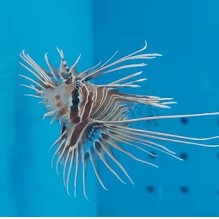 Antennata LionfishOur price: £0.00Common Name: Antennata Lionfish
Antennata LionfishOur price: £0.00Common Name: Antennata Lionfish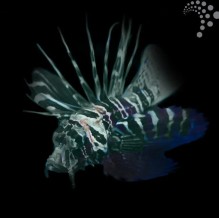 Blue Foot LionfishOur price: £0.00Common Name: Blue Foot Lionfish
Blue Foot LionfishOur price: £0.00Common Name: Blue Foot Lionfish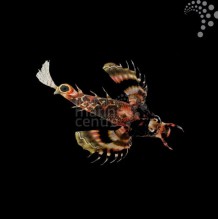 Fumanchu LionfishOur price: £0.00Common Name: Fumanchu Lionfish
Fumanchu LionfishOur price: £0.00Common Name: Fumanchu Lionfish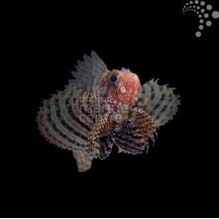 Fuzzy Dwarf LionfishOur price: £0.00Common Name: Fuzzy Dwarf Lionfish
Fuzzy Dwarf LionfishOur price: £0.00Common Name: Fuzzy Dwarf Lionfish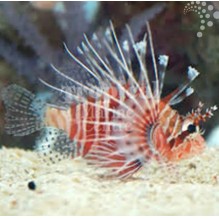 Miles LionfishOur price: £0.00Common Name: Miles Lionfish
Miles LionfishOur price: £0.00Common Name: Miles Lionfish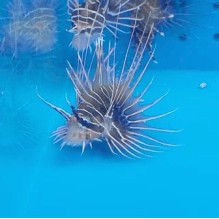 Radiata LionfishOur price: £0.00Common Name: Radiata Lionfish
Radiata LionfishOur price: £0.00Common Name: Radiata Lionfish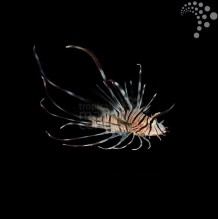 Volitans LionfishOur price: £0.00Common Name: Volitans Lionfish
Volitans LionfishOur price: £0.00Common Name: Volitans Lionfish